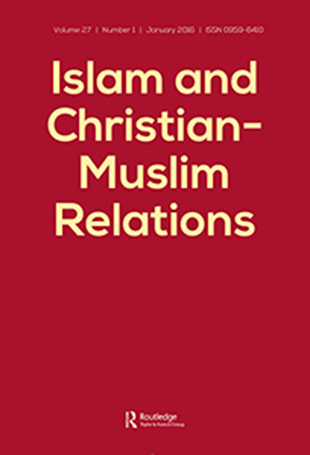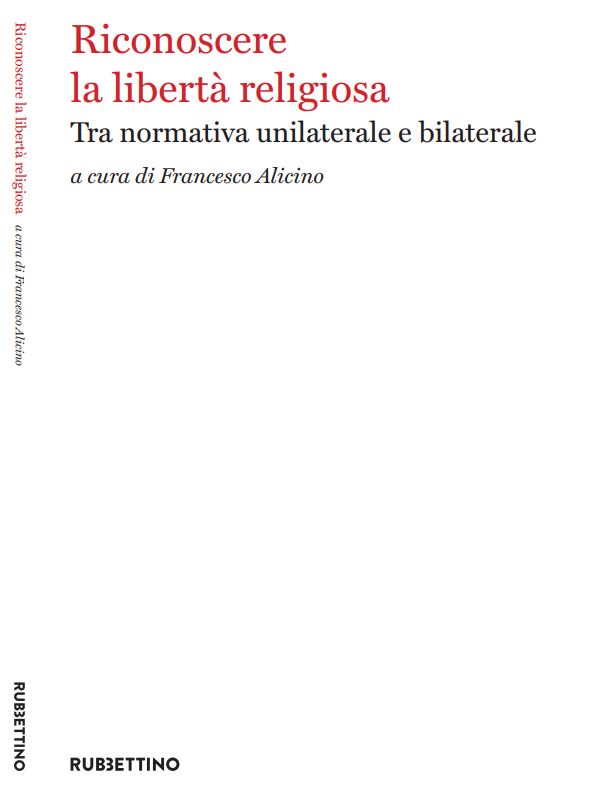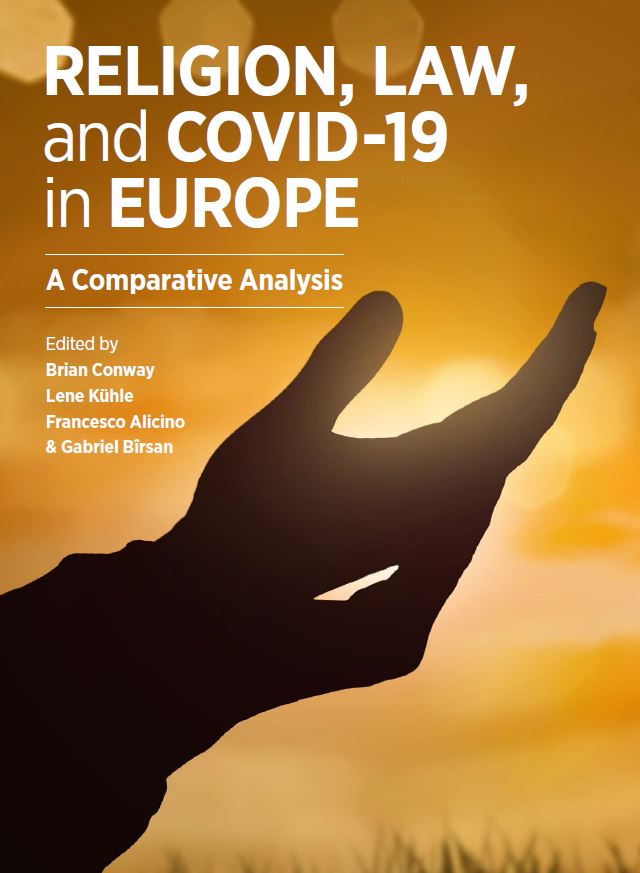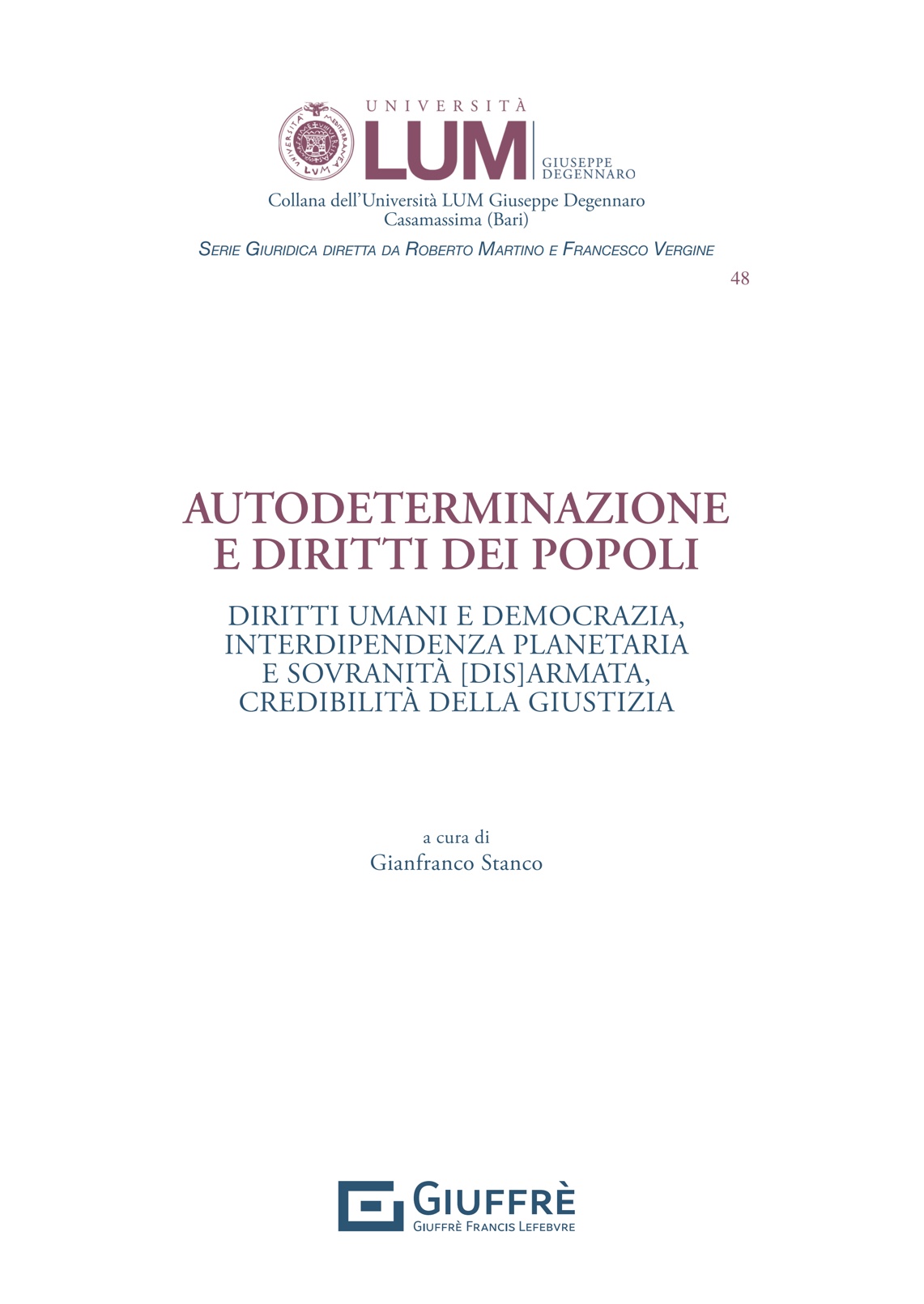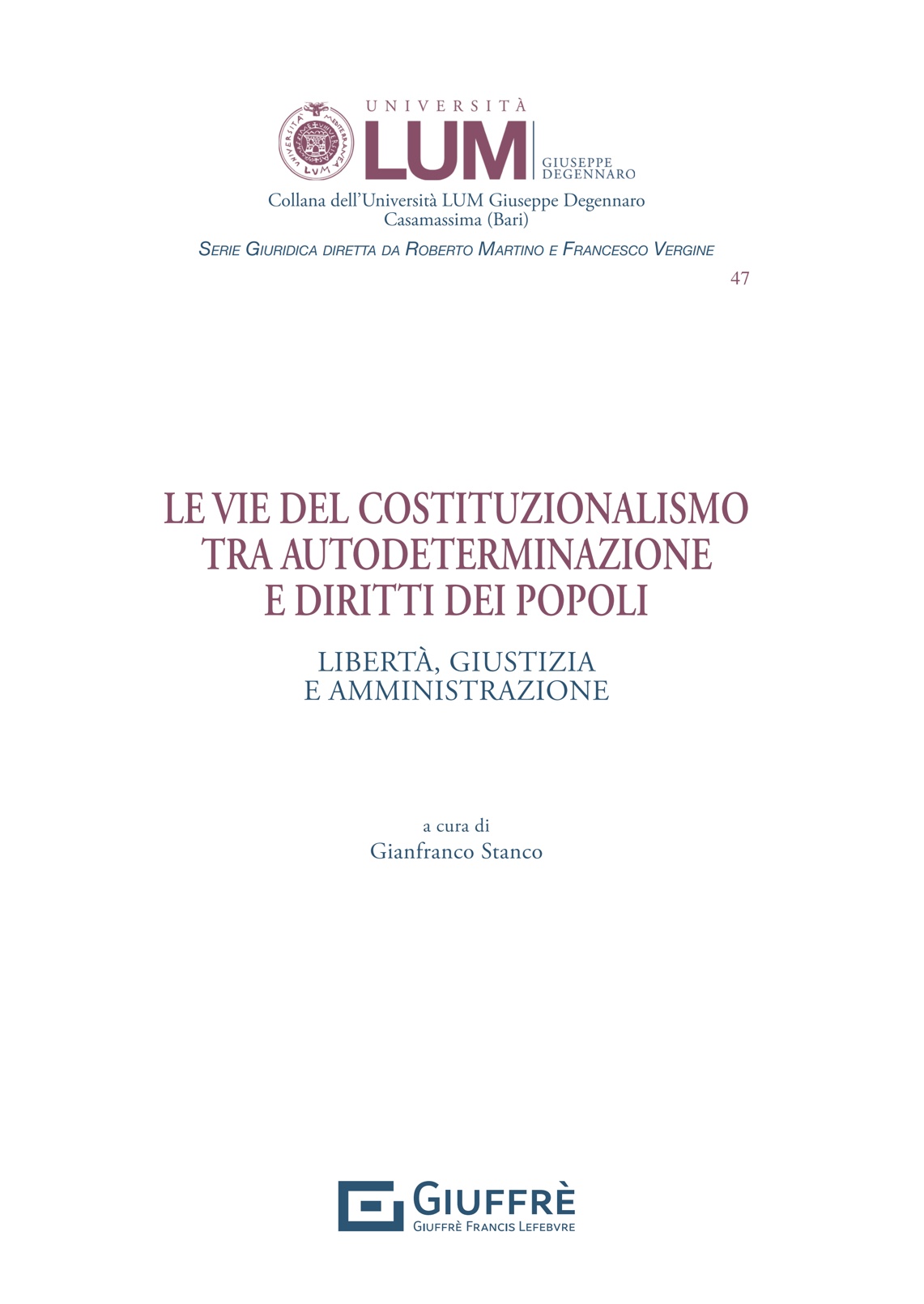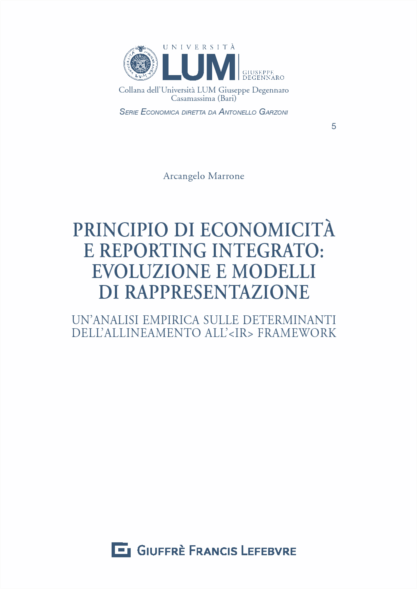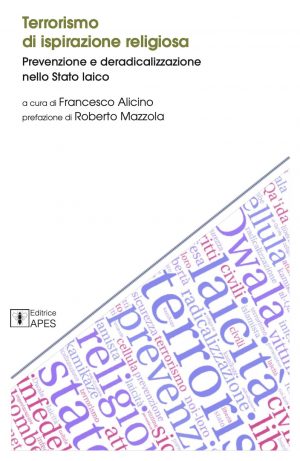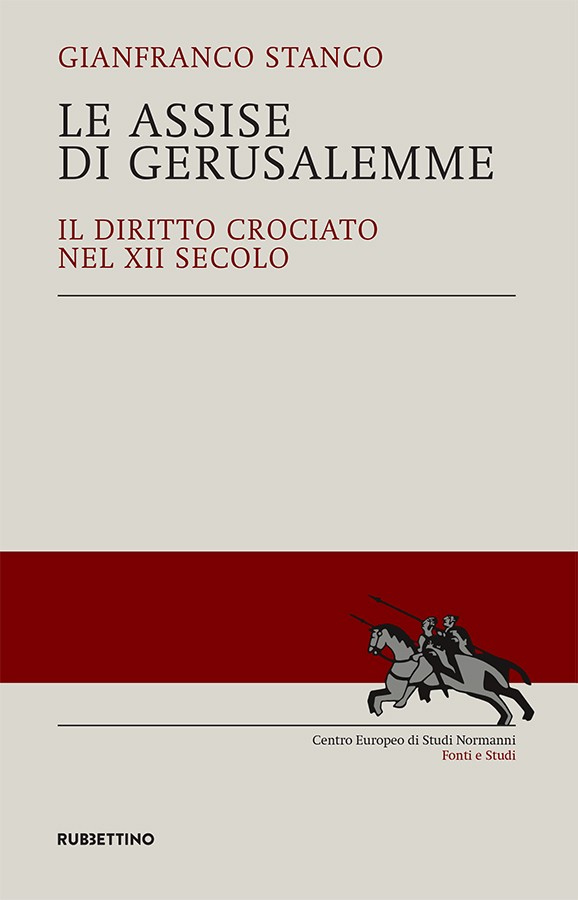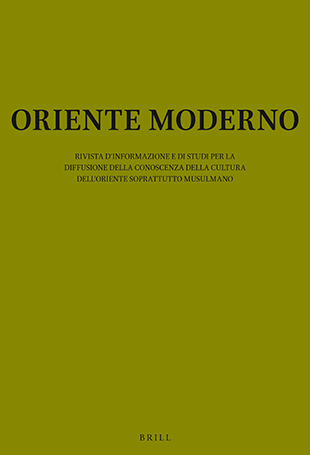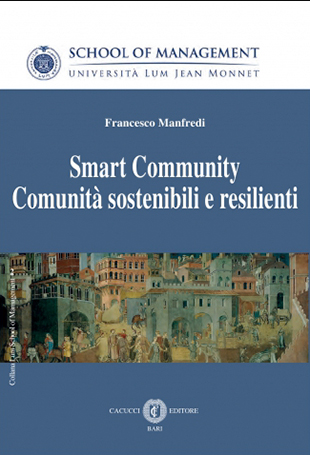ABSTRACT
In France, freedom of expression is perceived as a sort of liberté matricielle, a matrix of other fundamental freedoms. As such, it is reflected in many constitutional provisions, including those referring to religion. In addition, the practical exercise of freedom of expression remains strictly linked with the principle of laïcité, which is part of the institutional, legal and intellectual history of the French Republic and has even become the basis of its founding “values.”
All this, however, also implies an accentuation of individual freedom of expression, which normally takes precedence over the protection of religions, sometimes justifying caricature of divinities, rules, rites and symbols. The legal cases related to the right to satirical expression are examples of this. The article underlines the role of freedom of expression in the light of the principle of laïcité, which normally rejects the communitarian dimension of religious rights, which may explain some important aspects of, on the one hand, the evolution of legislation regarding both hate speech and blasphemy within French liberal constitutionalism and, on the other, the relationship between freedom of expression and the secular state.
This approach offers a possibility of better evaluating existing French law in relation to some religious nomoigroups, specifically, Islamic organizations. These issues are particularly analysed from two perspectives: the right to criticize or challenge religions and the right to satirize. This analysis makes it possible to identify the legal limits of freedom of expression before and after the 2015 Charlie Hebdo tragedy and highlights the difficulties faced by the so-calledlaïcité à la française in dealing with today’s multicultural societies. The need emerges for a proper balance to be struck between religious diversity and protection of human rights – not only the rights of groups to be different, but also the rights of persons within these groups, which also involves the efforts of religious denominations to articulate their claims in order to make them more compatible with constitutional rights, including those referring to freedom of expression.


